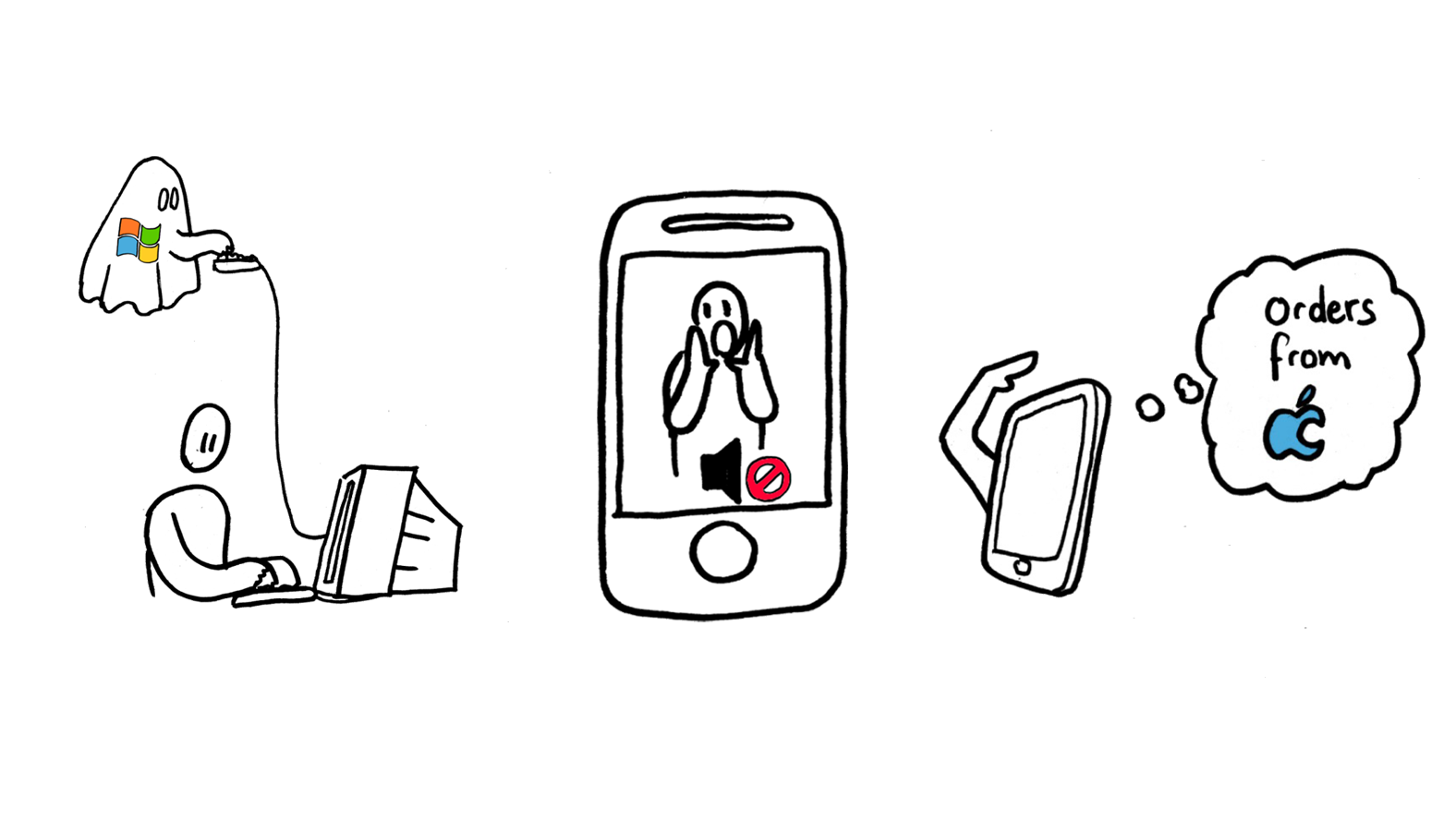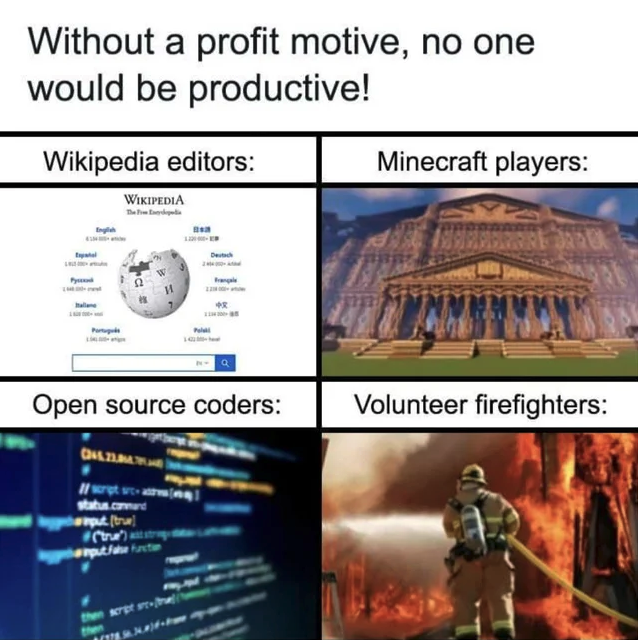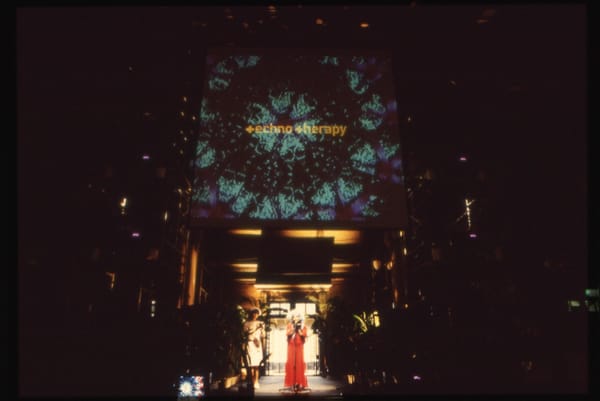Ideas
Echo Chambers: Free as in Freedom


I’ve lived with computer technology for over ten years. I get up in the morning: it’s there. I go to sleep at night: it’s there. It felt magical—at first, now we just exchange the everyday minutiae. It patronizes me, feeds me with idle gossip, and tells me what to buy and what to wear. It shares my secrets with business associates and then gaslights me about it. I should’ve listened to my mother’s warning. Will I ever be free?

Imagine my surprise when I learned of technologies built on open communication. As computers were popularized in the 1970s, companies started charging for software licenses and kept their codes proprietary. Seeing this as a violation of our freedom to run, study, modify, and redistribute programs, programmer and former hacker for the Massachusetts Institute of Technology Richard Stallman initiated the free software movement. He penned public licenses and founded a mass collaboration project to build a free operating system, GNU. Today, the GNU/Linux system powers over 90% of the world’s web servers, and its open-source code runs on many of our devices. Often maintained by a community, free and open-source software (FOSS) allows everyone to debug and improve on the code, virtually eliminating the likelihood of advertising, data mining, and planned obsolescence.
Relationships built on transparency and collaboration tend to do well. In 2021, the Taiwan Centers for Disease Control created a contact-tracing app with a private lab. Due to concerns of privacy, citizens demanded to examine the app’s code and its algorithm was eventually released after an online discussion with the digital minister Audrey Tang. This healthy dynamic is shocking to a Hongkonger, who is used to empty promises and feeling violated. Hong Kong’s mandatory contact-tracing app, LeaveHomeSafe, promises no foul play, yet the government refuses to reveal its code and forbids any reverse-engineering. In May, FactWire discovered a face-recognition module in the app, giving credence to digital surveillance theories.

Granted, love is often painfully one-sided. Big Tech companies use readily-available open-source software without reciprocation. A startling number of the programs that form the internet’s backbone are maintained by volunteers, such as Log4j, a ubiquitous logging utility used in millions of devices worldwide. A security vulnerability in Log4j last year revealed that its creator was sponsored by exactly three patrons. Alibaba Cloud, which uses the utility in its infrastructures for free, told the maintainer team to “please hurry up” with a fix without offering any help or funding last year. Openness is exploited by companies that only see a pool of free labor. As pointed out by developer Alyssa Rosenzweig, software freedom is a battle of power.
The impossibility of escape and the comfort of familiarity made it hard for me to change my abusive relationship with technology—but think about the kids! Do I want a digital future built by technocrats who don’t love us but want our money, or by people who don’t manipulate and mistreat us? Perhaps I’ll start with using a free web browser, at least it won’t steal from me like Google does!

Curated by an ArtAsiaPacific editor, “Echo Chambers” is a biweekly blog that aggregates links and visual contents from the virtual realm.







